The EU and the Organisation of African, Caribbean and Pacific States (OASECP) have issued a joint statement reaffirming their commitment to the United Nations 2030 Agenda and its Sustainable Development Goals (SDGs) for the 4th UN Conference on Financing for Development.
In a declaration adopted last July 1 by the Council of the EU, the parties called for a renewed and ambitious global financial framework to accelerate progress towards sustainable development.
Global financing needs
In the joint statement, both sides stressed the urgent need to close the global financing gap to achieve the SDGs through the effective use of all sources of finance, public and private, domestic and international. They stressed the importance of multilateralism, the rules-based international order and a stable, fair, secure, inclusive, transparent and predictable global trading system, particularly in light of the current fragmented and uncertain geopolitical situation.
Recognising the historic leadership of the European Union – the world’s largest provider of official development assistance (ODA) – in development cooperation, the declaration called for increased efforts to meet international ODA targets. He also stressed the importance of mobilising private finance and using innovative financing instruments, such as green and blue bonds and public and private investment funds, as well as remittances and diaspora investments.
Samoa Agreement
The EEASO and the EU have underlined the importance of the Samoa Agreement as the basis for their political partnership, which is based on a common commitment to multilateralism and a common will to contribute to the achievement of the 2030 Agenda for Sustainable Development and the Paris Agreement on Climate Change.
Future and ongoing reforms
Parties reiterated the need for more effective, inclusive, coherent and efficient cooperation. They also advocated for the inclusion of new benchmarks, such as the HIPC Multidimensional Vulnerability and Resilience Index, to better reflect countries’ development realities beyond GDP. Debt management, domestic revenue mobilisation and the fight against illicit financial flows were identified as key areas for coordinated action. In the joint statement the parties expressed support for ongoing reforms of the global financial architecture, including measures to strengthen the role of developing countries in multilateral development banks and other international economic and financial institutions.
The parties welcomed the progress made in channelling Special Drawing Rights (SDRs) to vulnerable countries, largely undertaken by the EU and its Member States. They recognised the support provided through the EU Global Gateway initiative and the “Team Europe” approach to sustainable investment in key sectors such as energy, digital infrastructure, health, education and transport.
The EPCO and the EU reaffirmed their willingness to promote conditions conducive to quality investment, to enhance the partnership dialogue and to promote trade and investment agreements, standardisation and regulatory cooperation. Finally, they expressed their shared willingness to continue working together to mobilise finance to achieve the SDGs by 2030.
Background
On 15 November 2023, the EU and its Member States signed the Samoa Agreement, which serves as the general legal framework for their relations for the next twenty years. It applies provisionally from 1 January 2024. The agreement covers a wide range of issues, such as sustainable development and growth, human rights and peace and security, as well as strengthening EU-ECA cooperation in international fora.
More information: Council of the European Union

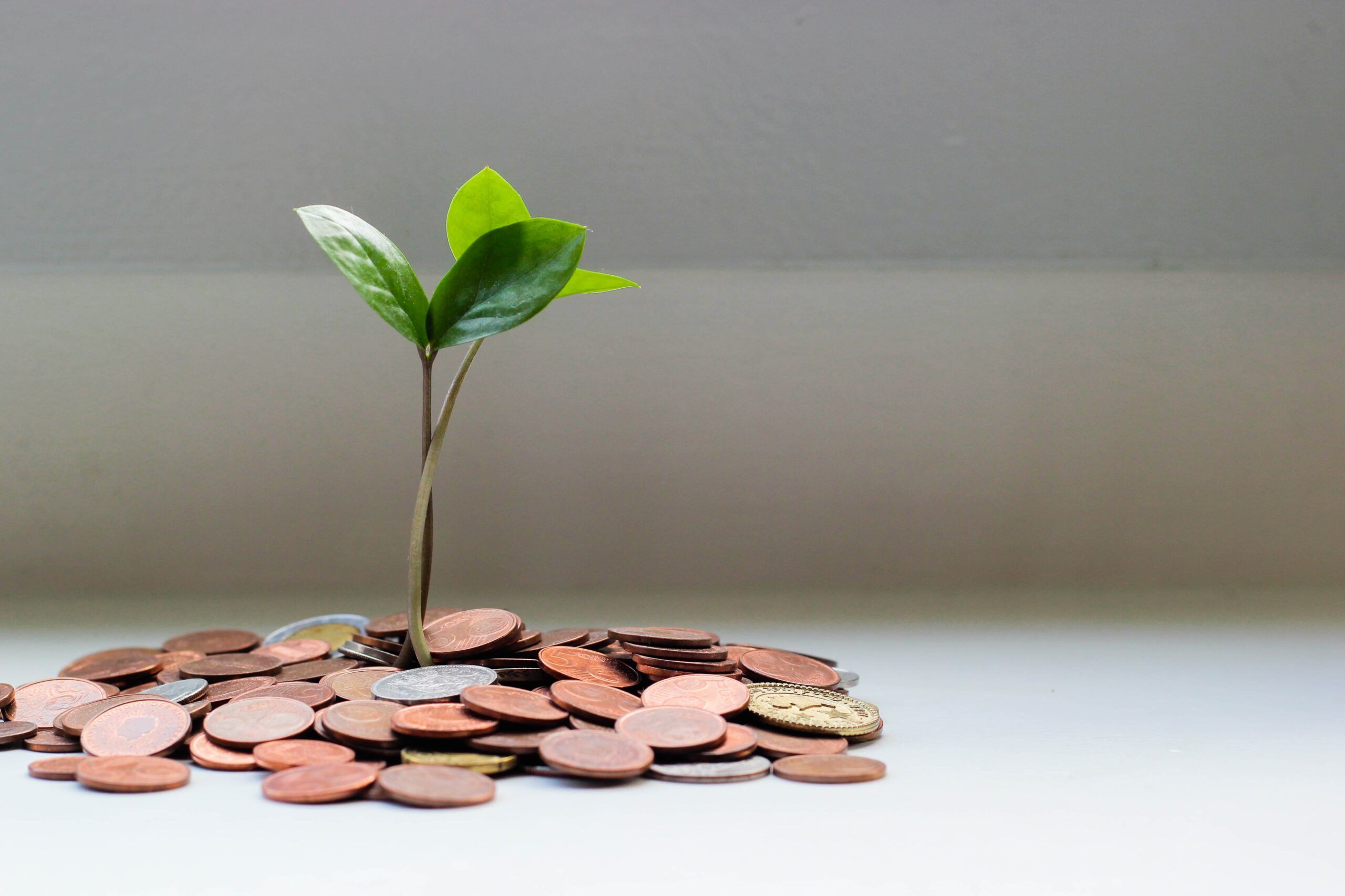
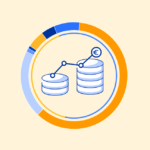

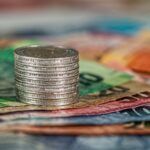
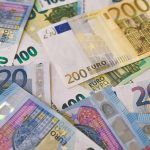
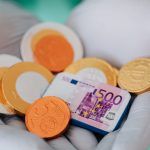
Leave a Reply